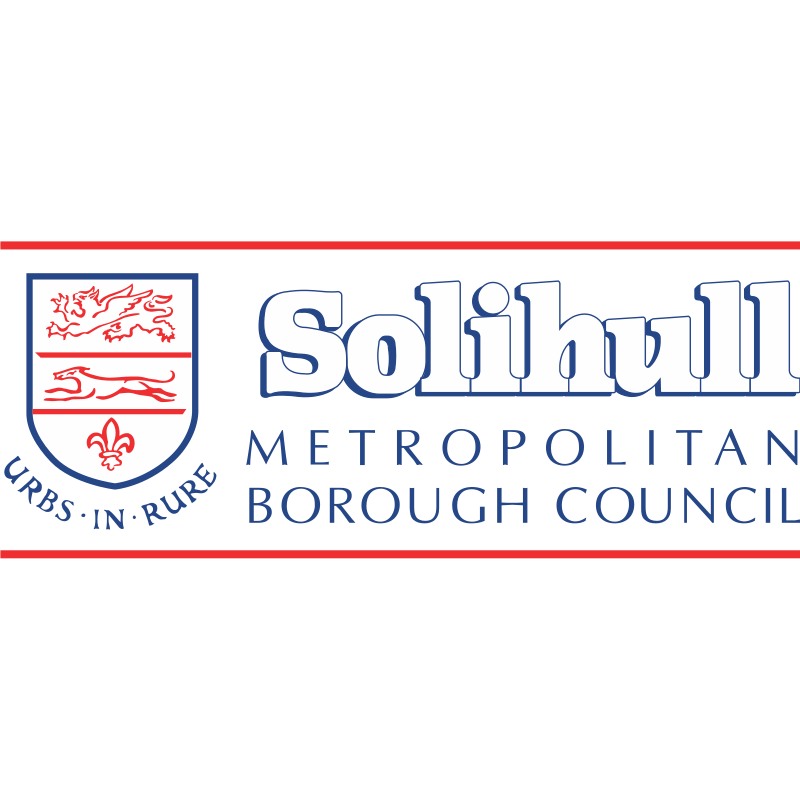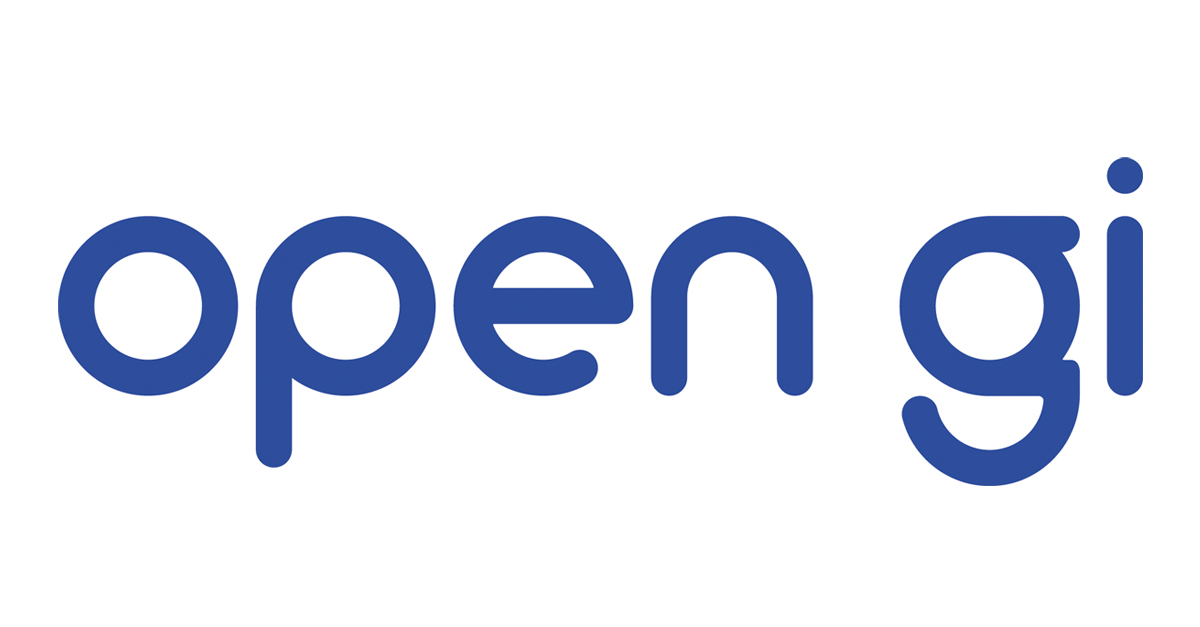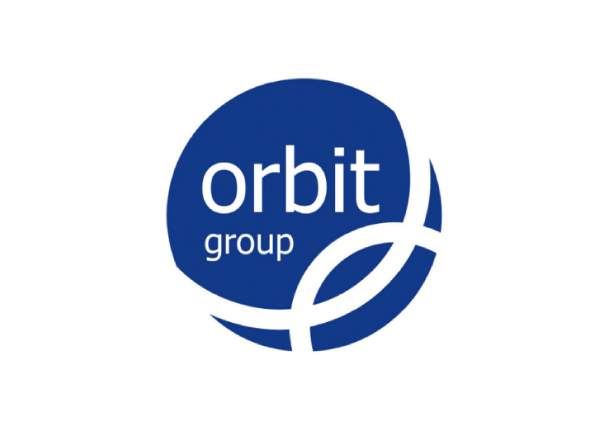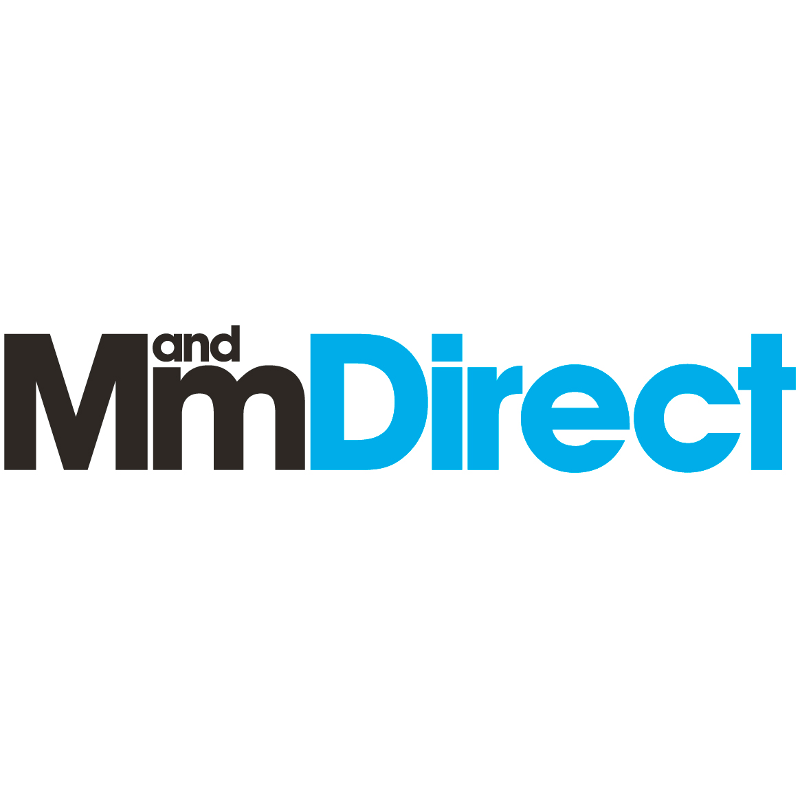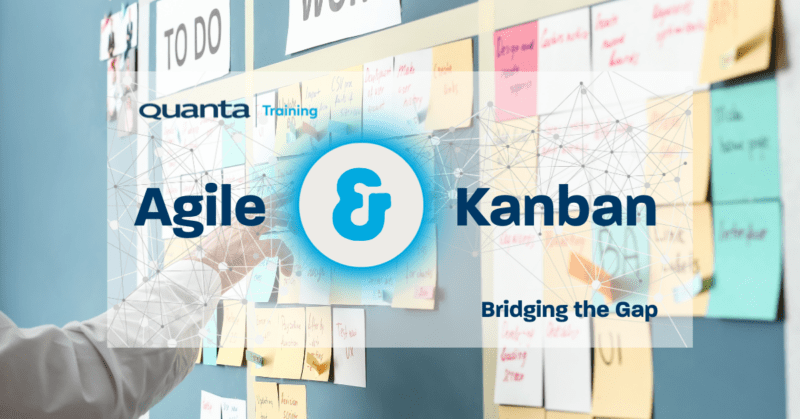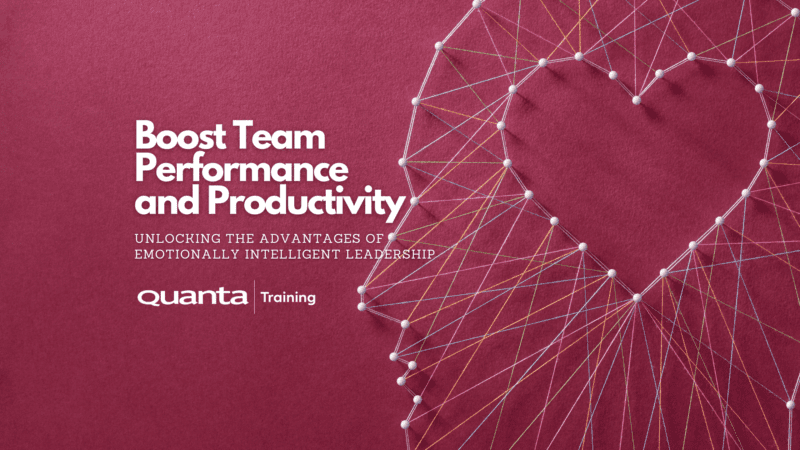

4 Building Blocks of Confidence and Proficiency
Working with teams and the individuals within them is my passion. Building their confidence to take best practice and turn the guidance into something that they can truly excel with – that is a scenario that can’t be beaten. But this satisfaction lies at the end of a (not entirely complex) road. Thankfully, the road to project or programme success can be chunked down into 4 simple questions that, when answered fully, are incredibly valuable.
So put on your hardhats, bring your surveyors clipboard, and jump on the crane’s driving seat– it’s time to put together the 4 building blocks of confidence and proficiency.
- What is your organisation doing now?
Some of you may relate this question to the Agile principle – start where you are. But it’s not always simple to identify where that is exactly. That’s why it pays to be precise with your evaluation here.
Think, what’s working well for you? It’s possible that you may have developed systems that work faultlessly, or a team that is wholly dedicated to well-realised objectives – the kind of assets worth taking note of. After taking stock of the positives, it’s then equally vital to be honest with yourself about the counterpoint. What isn’t working as well as you need? From that you can generate a picture of how your team is already performing, what assets you have, and where your focuses for the future lie.
- Where do you want to be?
Setting objectives will be second nature to some people. Once you uncover your current position, development destination will hopefully emerge from the mist. To help coax the destination into full view, you can consider two main points.
What does an ideal future look like for us? And when do we want to get there? The time frame is particularly crucial, if you’re looking at it from a resourcing perspective.
- What are the gaps?
And more importantly, how can these gaps be bridged? It’s not unusual to be a bit stumped by the “how” of reaching your goals, but this is why we get particularly clear on the previous two steps. A fair amount of the hard work is already done! You don’t need to hear a tired “the sturdiest buildings have the best foundations” metaphor to understand this.
Think: what assets have I identified? In what ways are they/could they be used to reach our goals? If there’s a large discrepancy between what you have at your disposal and what you need, well, it’s time to get to work on rectifying this sooner rather than later.
- What support is needed?
A lot of this talk so far has been fairly conceptual, but all of these ideas and questions have very concrete solutions. When it comes to building confidence and proficiency, the most efficient route is one not taken alone.
Support comes in all shapes and sizes:
- Overviews: Get a proper feel for what problems you’re facing in a handful of the most impactful areas of your operation.
- Coaching: No successful team shut ever themselves off from an external voice. Getting the best performance from the individuals while working on the job is how coaching works; getting to the real troubles of the team.
- Formal Training: Learn the skills that will be embedded by other forms of support. Vital learning such as frameworks and solidifying project management concepts will always be hugely valuable.
- Workshops: A personal favourite of mine. Take what you’ve learned in lessons or in coaching, and work with it! Putting these ideas into practice is the perfect way to explore your skills, and build confidence – all in a controlled and overseen environment.
- E–learning: At the end of the day, if all this good work is only in your brain for a few weeks, is it going to stick as well as you need it to? Follow-up sessions and E-learning revision are the final piece of the puzzle for permanently excelling with confidence and proficiency.
How does that sound? Building confidence and proficiency doesn’t happen overnight, so there’s a reason why these aspects of a team are highly sought after. If you want to have a talk about these four questions, or want to book a meeting, get in touch with me at helen.digger@quanta.co.uk, or fill in the form below:
Trusted By
Latest from our blog
Kanban and Agile: Bridging the Gap
Kanban and Agile: Bridging the Gap Quanta’s Kanban University Certified Trainer Steve Church explores the way in which Agile and…
Read More
How a Ballerina could move into Cybersecurity
Jason Ford, Quanta Cybersecurity and IT Trainer talks about the limitations in Cybersecurity Training courses. Jason discusses a safe and…
Read More
Boost Team Performance and Productivity: Unlocking the Advantages of Emotionally Intelligent Leadership
Quanta People Development and Leadership Trainer, Giles Collins outlines the key elements of Emotionally Intelligent Leadership and how it impacts…
Read More

